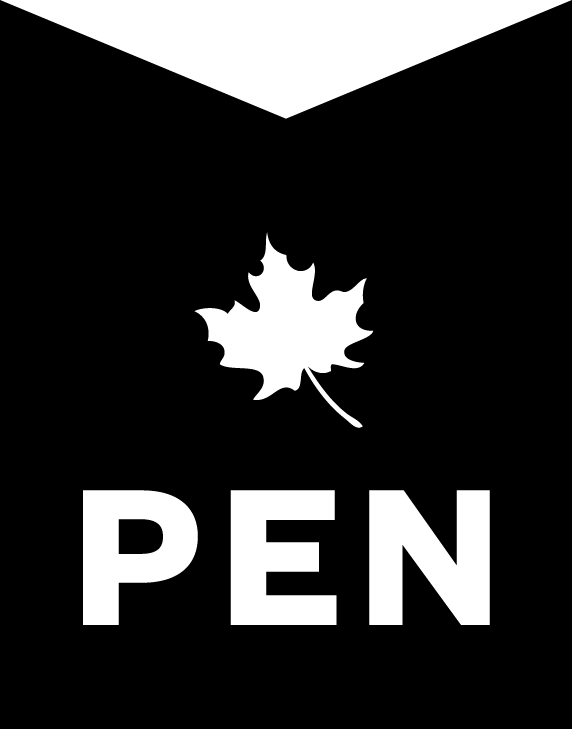News & Statements
PEN Canada unequivocally condemns the Alberta government’s decision to pursue policies that are likely to lead to widespread book bans in the province’s schools.
In May, the government announced plans to impose “consistent provincewide standards” for school library books. “As a parent, it is extremely concerning to me to find out that books explicitly depicting sexual acts are available to students in some school libraries,” said Education Minister Demetrios Nicolaides, as justification for the initiative.
Despite promises of consultation, four books—Alison Bechdel’s Fun Home, Mike Curato’s Flamer, Maia Kobabe’s Gender Queer, and Craig Thompson’s Blankets—have already been removed from schools. Three of these titles are by LGBTQ+ authors; the fourth depicts a crisis of faith in an evangelical family.
Alberta’s actions are paving the way to a new era of government-sponsored book banning. This initiative, ostensibly to shield children from “explicit” content, is likely to catalyze a targeted purge of marginalized voices—especially LGBTQ+ narratives that offer affirmation and solace to students who need them most. We do not need to look far for evidence: this has already happened across the U.S. with reports of skyrocketing book banning in schools since 2021, much of it spurred by elected officials. Indeed, the Alberta government’s use of out-of-context quotes and images as scare tactics mirrors those used in Florida, Texas, Utah, Iowa and other states, which has led to thousands of titles purged from shelves, as documented by PEN America. Canada and its provincial governments should not be importing this pernicious trend.
PEN Canada affirms Article 13 of the UN Convention on the Rights of the Child, which guarantees the right to “seek, receive and impart information of all kinds.” That includes the right to read freely. It is not the place of Premier Danielle Smith’s government to dictate what Alberta’s children may or may not read. Age-appropriate book selection belongs in the hands of professional librarians and educators—not partisan officials or special interest groups.
Removing books from libraries will not shield children from sexual content—especially in an era where youth spend hours daily on their phones. But it will inflict real harm by denying students access to diverse, meaningful stories, and by teaching them that censorship is an appropriate response to material they may find uncomfortable.
None of this is meaningful policy to “protect” Alberta’s children—it is political theatre.
Subscribe for updates about PEN Canada’s work to defend free expression.
